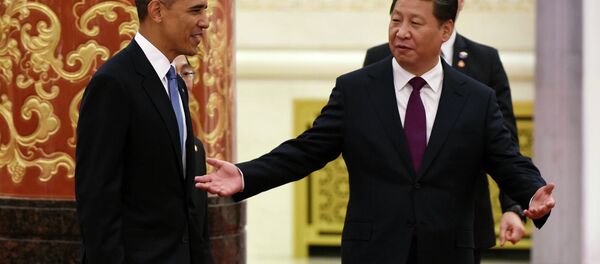"Internet news and information services which provide news services via websites, applications, forums, blogs, microblogs, public accounts, instant messaging tools, webcasts, and so forth, must obtain licenses, otherwise they will be prohibited to carry out internet news information activities," the Cyberspace Administration of China said in a statement on its website.
The new rules, which come into effect on June 1, aim to strengthen national security and will be enforced by the State Internet Information Office responsible for policies and coordination in the field. The office will also involve external experts who will review online political, economic, military and diplomatic reports and opinion pieces for accuracy and security risks. Information service providers will be held responsible for any inaccurate information made available to the public, according to the statement.
"Internet news information service providers should appoint an editor in chief, who will be in charge of the Internet news and information content. The editor-in-chief… should report to the state or to the State Internet Information Office of the province, autonomous region or municipality directly under the central government," the cyberspace administration said.
China has some of the world's toughest internet regulations and these have been further tightened by President Xi Jinping's drive to bolster "cyber sovereignty," a concept that has been elevated to national priority status. The latest regulations come as part of the Cybersecurity Law of China, which was approved in late 2016. The law focused on involving online service providers as well as network operators in regulating content. The legislation stipulates for companies to store personal user and business information when carrying out operations on Chinese-based servers. The information could be used by government security reviews in an effort to defend against possible cyber intrusions.




